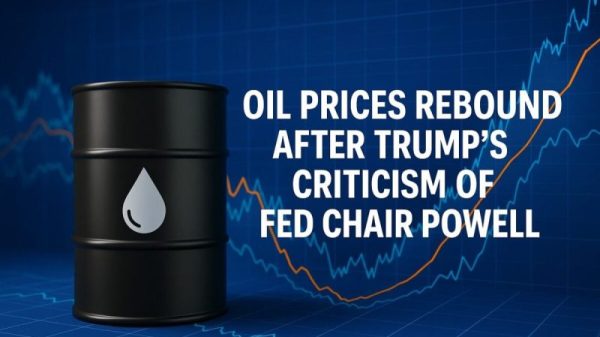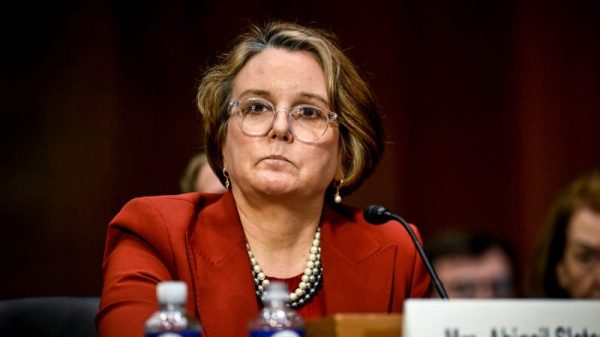Real Estate: Green Regulations and CRE Loans Under Scrutiny
Key Points
Banks are now evaluating CRE loans based on carbon emissions and upgrade costs for green compliance.
The EU Energy Performance of Buildings Directive mandates sustainability, reshaping CRE portfolio management.
BNP Paribas aims to cut emissions in its CRE portfolio by 41% by 2030; Barclays targets a 51% reduction for UK properties.
Rising costs to meet environmental standards can reduce the collateral value of commercial properties.
Banks may offload risky assets or use synthetic securitizations to manage exposure to non-compliant properties.
In the ever-evolving landscape of commercial real estate (CRE), major banks are now facing new litmus tests for their loan portfolios. These tests are primarily centred around carbon emissions and the costs associated with upgrading properties to comply with stringent new green regulations. Banks must navigate these challenges carefully, ensuring that their CRE loans align with environmental standards while also managing financial risks.
EPBD Directive Reshapes CRE Loan Practices
The introduction of the EU Energy Performance of Buildings Directive (EPBD) is part of broader net zero regulations that are reshaping the management of CRE portfolios by banks. This directive mandates significant adjustments in risk management and loan practices to ensure compliance. Moreover, the EPBD underscores the importance of sustainability in real estate, prompting banks to reevaluate how they handle their CRE portfolios.
BNP Paribas Targets Emission Cuts
BNP Paribas SA is taking a proactive approach by aiming to reduce the emissions intensity of its CRE portfolio by up to 41% by 2030. This ambitious target highlights the bank’s commitment to sustainability and its recognition of the financial benefits of greener real estate assets. By setting such goals, BNP Paribas is also positioning itself as a leader in sustainable finance within the real estate sector.
CRE Portfolios Strained by Rates and Green Compliance
Commercial real estate portfolios are currently under increased pressure. It’s due to a combination of higher interest rates, fluctuating post-pandemic occupancy rates, and the substantial investments required to meet new environmental regulations. Banks must adapt to these challenges by implementing more rigorous standards and investing in sustainable upgrades to maintain the value and appeal of their CRE assets.
Rising Retrofitting Costs Affect CRE Collateral
The costs associated with retrofitting commercial properties to meet environmental standards are rising, potentially impacting the collateral value of these assets. As these expenses climb, banks might also find that the value of their loan collateral diminishes. However, that would pose significant risks to their financial stability. Thus, understanding and mitigating these risks is crucial for banks to maintain robust and resilient portfolios.
Energy Efficiency Varies Across CRE Markets
Energy performance in the CRE sector varies significantly across countries. For instance, the Netherlands boasts more energy-efficient buildings compared to some other European nations. Despite this relative efficiency, Dutch properties still face challenges in meeting stringent environmental standards. This variability necessitates tailored strategies for banks operating in different markets to effectively manage their CRE portfolios.
Risk Offloading and Securitizations in CRE Lending
In response to the heightened capital costs associated with emissions, some banks are considering offloading risky CRE assets to private markets or exploring synthetic securitizations. These strategies can help banks manage their exposure to environmentally non-compliant assets while maintaining liquidity and financial health. Moreover, by diversifying their risk management approaches, banks can better navigate the complexities of green regulations.
Loan Policies Shift with Retrofitting Emphasis
BNP Paribas has emphasized the need for a significant acceleration in building renovations. The latter will inevitably impact loan and bond underwriting policies. The bank has already integrated climate impact as a crucial criterion for debt financing decisions, reflecting its commitment to sustainability. This approach ensures that all financed projects contribute positively to environmental goals.
Barclays Plans 51% Emission Reduction in UK CRE
Barclays Plc has also set a target to reduce the emissions intensity of its UK CRE portfolio by 51% by 2030. The bank underscores the necessity for systemic policy changes to achieve these ambitious goals. Barclays’ efforts highlight the critical role that financial institutions play in driving sustainability within the real estate sector.
60% Emission Reduction Target for EU Building Sector
The EU has set an ambitious goal to cut greenhouse gas emissions in the building sector by 60% by 2030. However, achieving this target will require substantial financing from banks. The latter must support green upgrades and sustainable practices within their CRE portfolios. The role of bank finance is also pivotal in meeting these environmental objectives and driving the transition to a greener future.
Banks Face Rising Climate Litigation Risks
Banks are increasingly aware of the risks associated with climate litigation if they fail to comply with green regulations. BNP Paribas, for instance, is currently involved in a climate lawsuit, underscoring the legal and financial risks that non-compliance can bring. This growing area of risk management is becoming a critical consideration for banks globally, as well.
Residential Loans Under Scrutiny by BNP Paribas
BNP Paribas is also scrutinising its residential real estate loan portfolio. However, it has not yet set explicit targets due to regulatory complexities. With a significant portion of European residential dwellings needing renovation by 2030, this sector impacts millions of households. Furthermore, reducing financed emissions in the residential book is a strategic initiative for BNP, with updates expected by 2025.
By staying ahead of these regulatory changes and integrating sustainability into their financial practices, banks can navigate the complexities of the modern real estate market while supporting the global transition to a greener economy.
The post Real Estate: Green Regulations and CRE Loans Under Scrutiny appeared first on FinanceBrokerage.






































